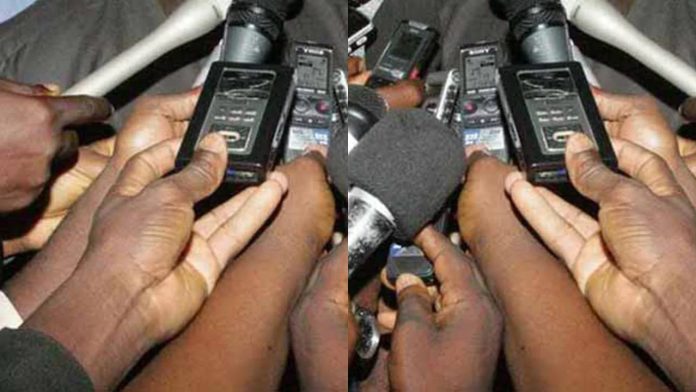Nigerian media organisations have been tasked with promoting developmental-based reports in order for the country to meet the Sustainable Development Goals (SDGs).
According to stakeholders, the inability of the media to play its roles may have an impact on the success of the SDGs, and no country, including Nigeria, wants to be left out of such global development projects because exclusion portends a major setback.
This, among other things, was revealed at the Africa Media Development Foundation’s (AMDF) annual lecture series, which aimed to keep alive the memory of Mr. Bagauda Kaltho, a courageous and fearless Nigerian investigative journalist who vanished unceremoniously in the course of his professional duties over two decades ago.
Read Also: Southern governors demand state police, say it’s the only solution to insecurity
The virtual lecture was attended by media executives, journalists, writers, the academia and CSOs among others, from both within and outside Nigeria.
According to a communique signed by Deputy Executive Director, AMDF, Sekyen Dadik, and Managing Editor, Africa Prime News, Joseph Edegbo on Tuesday, Independent public service media should be encouraged to have more objective and unbiased assessment of national projects.
“Nigeria is plagued with enormous economic crisis, threat of disintegration, terrorism and general insecurity. Such atmosphere of instability does not create the enabling environment for practicing effective journalism as most media practitioners may not be able to access volatile areas to carry out their duties or even assess developmental projects in those areas.
“Given that a free media is a sine qua non for freedom of speech as well as unhindered and effective dissemination of information, the safety of journalists is a precondition for freedom of speech. When the people who attack or kill journalists go unpunished, the prevailing state of impunity for their action leads to self- censorship among both journalists and society at large.”
The communique stated that “Everything must be done by all concerned to safeguard the lives of media practitioners and create the necessary enabling environment for them to effectively deliver on their core professional mandates which are to inform, educate and entertain.
Read Also: CNN interview: Peter Obi copied from Buhari’s Workbook – BMO
“The mass media should design programmes or contents in local languages to create adequate awareness and educate the people on the SDGs and their prospects.
“Participatory development communication from the media should be encouraged as this gives people a sense of belonging in the project as well as identifying and satisfying the communication needs of the people especially those in the rural areas.”


















